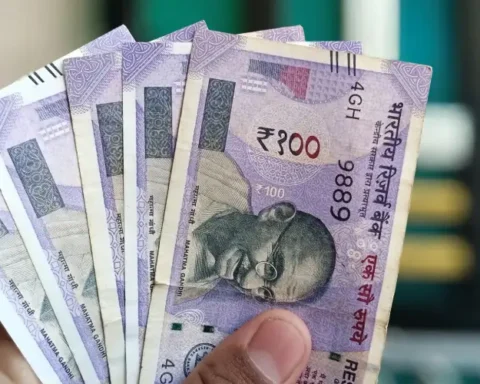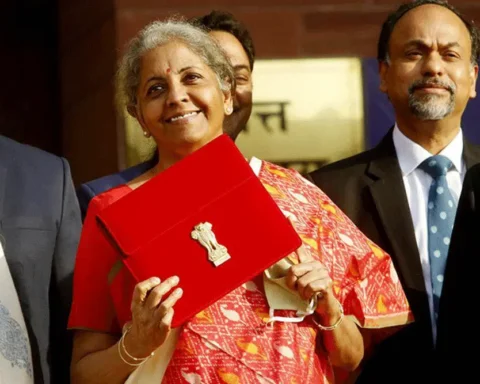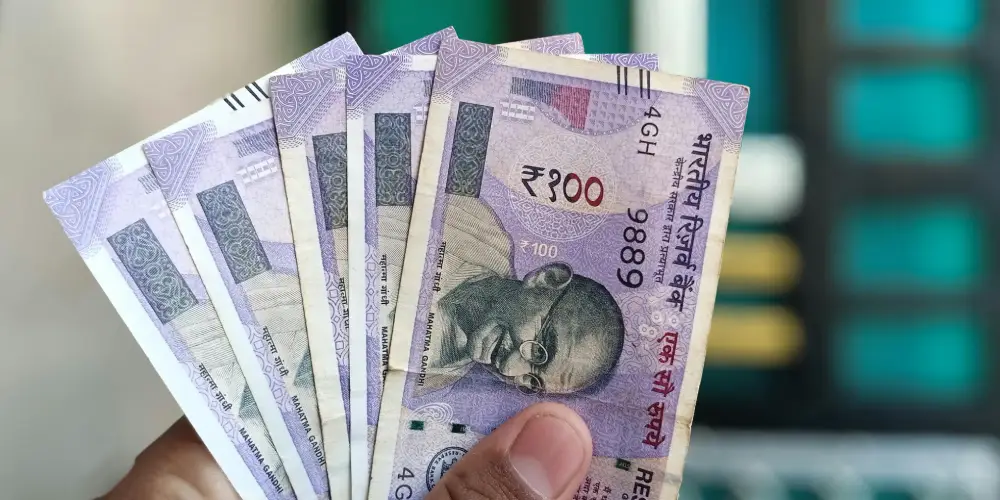The Union Budget 2024-2025, presented in July 2024, outlines a comprehensive plan to drive economic growth, enhance social welfare, and ensure sustainable development. The budget emphasizes the government’s commitment to achieving the vision of a ‘Viksit Bharat’ by focusing on key sectors such as agriculture, employment, skilling, and tax reforms. Here are the key highlights and implications of the budget:
Agricultural Reforms and Rural Development
- Natural Farming: The government plans to initiate 1 crore farmers into natural farming, supported by certification and branding over the next two years. Additionally, 10,000 bio-input resource centers will be established to support this initiative.
- Shrimp Production & Export: Financing for shrimp farming, processing, and export will be facilitated through NABARD to boost the sector.
- Digital Public Infrastructure (DPI): DPI will be developed to cover farmers and their lands within three years, including digital crop surveys in 400 districts and issuance of Jan Samarth-based Kisan Credit Cards.
- National Cooperation Policy: This policy aims for the systematic, orderly, and all-round development of the cooperative sector.
Employment and Skilling
- Women Workforce Participation: To facilitate higher participation of women in the workforce, the government will set up working women hostels in collaboration with industry and establish creches.
- Youth Employment: A one-month wage to new entrants in all formal sectors, up to ₹15,000 in three installments, is expected to benefit 210 lakh youth.
- Job Creation Schemes: Various schemes, including incentives for EPFO contributions and government reimbursement of employer contributions, aim to generate millions of jobs and benefit lakhs of youth.
Tax Proposals
- Standard Deduction: The standard deduction for salaried employees has been increased from ₹50,000 to ₹75,000.
- Simplification of Tax Regime: The new tax regime has been simplified to reduce compliance burdens and promote entrepreneurial spirit.
- Corporate Tax Rate: The corporate tax rate on foreign companies has been reduced from 40% to 35%.
- Angel Tax Abolishment: The angel tax for all classes of investors has been abolished to foster investment in start-ups.
Financial Allocation and Sectoral Spending
- Defence and Infrastructure: Significant allocations have been made to the Ministry of Defence (₹4,54,773 crore) and Ministry of Road Transport and Highways (₹2,65,808 crore).
- Agriculture and Education: The agriculture sector has been allocated ₹1,51,851 crore, while the education sector will receive ₹1,25,638 crore.
- Health and Social Welfare: The health sector is allocated ₹89,287 crore, and social welfare schemes will receive ₹68,769 crore.
Future Outlook
The budget reflects a strong commitment to economic growth with a focus on improving agricultural productivity, increasing employment opportunities, and simplifying the tax structure. The government’s approach aims to build robust economic foundations, foster sustainable development, and ensure social welfare, aligning with the long-term vision of transforming India into a developed nation.
For more updates and reviews, visit The Live Reports – India’s first Chennai-based English news website.













0yaqqu